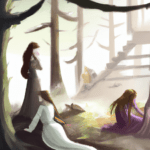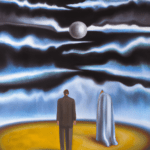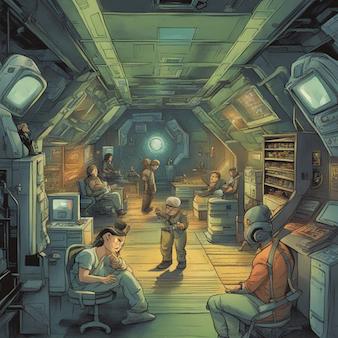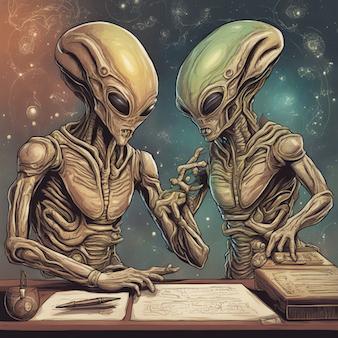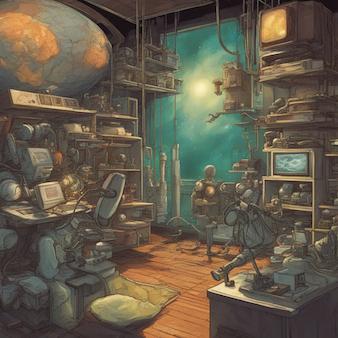Science fiction is a vast and fascinating genre that allows us to explore the possibilities of what could be, often pushing the boundaries of our imagination. While writing science fiction writing can be a rewarding experience, it can also be a daunting one. With so much to explore and consider, it’s easy to make mistakes that can lead to a less satisfying story. Here are ten common mistakes to avoid when writing science fiction.
Science Fiction Writing Mistakes to Avoid

- Lack of Research: One of the primary goals of science fiction is to imagine what the future could look like. However, this does not mean you should ignore current science and technology. Before crafting your world, make sure you understand the science behind the technology and the societal and political implications that could result. It’s important to conduct thorough research to make your world believable and immersive.
- Neglecting Character Development: While the technology and world you create are essential, the characters in your story are equally important. The best science fiction stories are those that have relatable and well-rounded characters that drive the narrative. Don’t let the world-building overshadow your character development.
- Over-Explaining: As a writer, it’s easy to fall into the trap of over-explaining every aspect of your world. While it’s important to provide some context and explanation for the reader, it’s crucial to find a balance. Too much exposition can slow down the pace of the story and even become tedious for the reader.
- Clichéd Tropes: Science fiction is a genre full of tropes and clichés. While it can be tempting to rely on familiar plot devices, doing so can make your story predictable and unoriginal. Instead, strive to create a unique and fresh world that will engage and surprise your readers.
- Lack of Diversity: Science fiction is a genre that allows writers to explore diverse and imaginative worlds, yet the genre has often been criticized for its lack of diversity in both characters and themes. It’s important to ensure that your story represents a variety of experiences and perspectives.
- Ignoring Logic: While science fiction often requires suspension of disbelief, it’s crucial to maintain a logical and consistent world. Pay attention to the details of your world and make sure they make sense. Avoid plot holes or inconsistencies that can break the reader’s immersion.
- Lack of Conflict: Without conflict, there is no story. It’s important to ensure that your story has a central conflict that drives the narrative. The conflict should be engaging and unique to your world.
- Lack of Tension: Tension is what keeps the reader engaged and invested in the story. Without it, the story can feel flat and uninteresting. Consider the stakes and the consequences of the conflict you have created, and make sure there is a sense of tension that builds throughout the story.
- Unrealistic Dialogue: Dialogue is a critical part of any story, but it’s essential to ensure that the dialogue is realistic and consistent with the world you’ve created. Avoid overly simplistic or clichéd dialogue that can feel jarring or out of place.
- Rushing the Writing Process: Finally, don’t rush the writing process. Science fiction can be a complex and challenging genre, and it’s important to give yourself time to develop your world, characters, and conflict. Take the time to revise and refine your work to create the best possible story.
Science fiction writing is an exciting and rewarding experience, but it requires attention to detail and a willingness to think outside the box. By avoiding these common mistakes, you can create a compelling and immersive world that will captivate your readers.
Keywords: Science fiction, writing, mistakes, research, character development, over-explaining, clichéd tropes, diversity, logic, conflict, tension, dialogue, writing process, science fiction writing, steps for science fiction writing, tips for science fiction writing, science fiction writing guide, science fiction writing mistakes to avoid
Check out our Novel Writing Workbooks
Check out Little Tree Food Forest for articles on food forests and homesteading.
Check out FoodieScapes for articles on growing, fermenting and preserving food
Check out StoryScapes.World for articles on writing.
Subscribe to our newsletter to get information delivered to your inbox on how to write a book, outlining your novel, keeping journals, marketing your novel, self-publishing, writing poetry and more.



